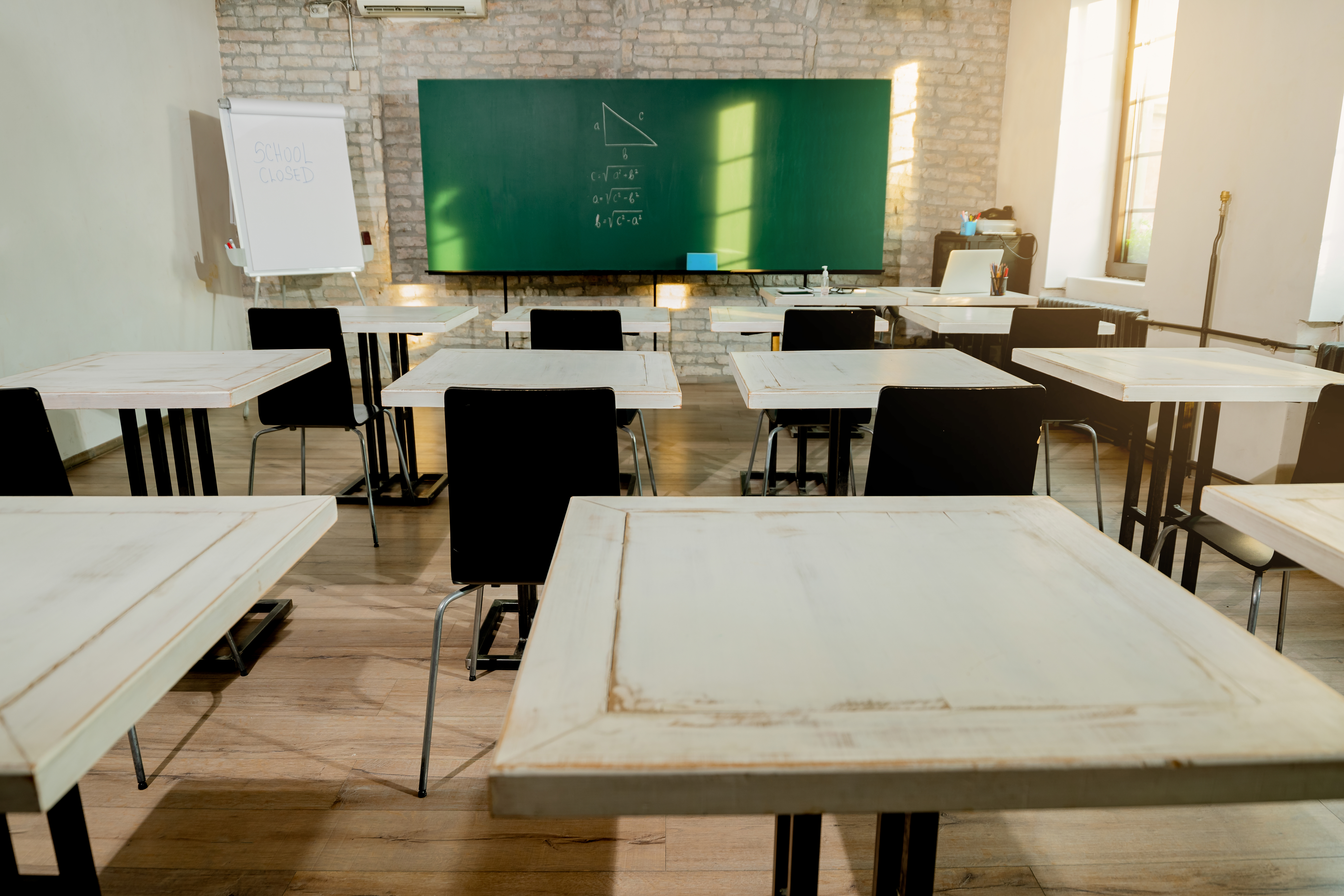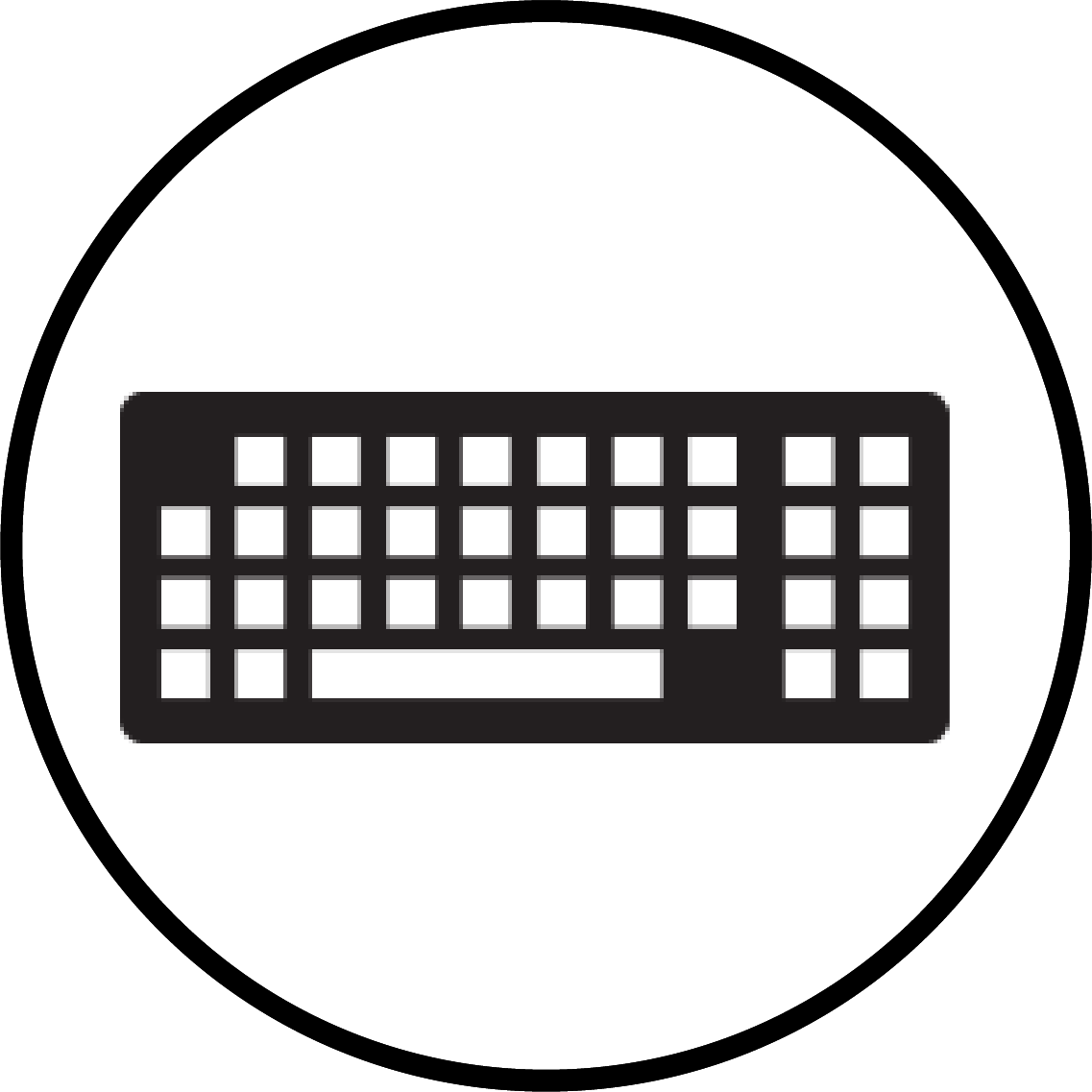
Mossawa Center filed a petition against the Ministry of Education to obtain data on the exhaustion of gap-closing budgets
The Mossawa Center, represented by Attorney Marian Abi Nader, has petitioned the Ministry of Education, demanding comprehensive data on the allocation of budgets intended to address educational disparities for the years 2022, 2023, and 2024.
Despite multiple formal requests made under the Freedom of Information Law, the Ministry has persistently refused to release the requested information. These budgets were meant to address critical areas such as the funding gap for Arab student hours, development of educational programs, and construction of classrooms.
Attorney Marian Abi Nader emphasized the necessity of transparency in governmental actions, particularly in addressing educational inequalities. Ignoring legitimate requests from human rights organizations undermines the public’s right to know how decisions affecting their lives are being implemented.
The Mossawa Center continues to collaborate with the Committee of Heads of Arab Local Authorities to track the budget allocations across government ministries, while the Committee for Follow-up on Arab Education remains focused on all issues related to reducing these significant educational gaps.
In 1995, the government initiated a program to address the gap in educational funding, which amounts to approximately 1 billion shekels annually (around $265 million). Despite this decision, the Ministry of Education has failed to fulfill its obligations towards Palestinian Arab students. A further government decision in 2021 allocated 9 billion shekels (about $2.4 billion) over five years to tackle these educational gaps, but implementation has been lacking.
The Ministry of Education’s budget comprises 14.9% of Israel’s total budget, making it the largest allocation in the state budget, reaching 70 billion shekels ($18.5 billion) in 2022.
Arab citizens make up around 21% of Israel’s population, with Palestinian Arab students comprising about 23% of the total education system. Despite this, significant disparities remain: in 2019, only 63.9% of Palestinian Arab students (excluding East Jerusalem) earned a matriculation certificate, compared to 73.1% in the Jewish sector (including ultra-Orthodox students). The 2018 PISA (Programme for International Student Assessment) tests also revealed gaps in math (22%), science (23%), and reading (28%) in favor of Hebrew-speaking students.
Following the Mossawa Center's petition, the Ministry provided partial responses detailing certain budgetary allocations:
For Government Decision No. 550, the Ministry disclosed that 255.788 million shekels (approximately $68 million) were utilized during the 2022-2023 school year. For the 2023-2024 school year, the projected budget stands at 178.556 million shekels (around $47 million).
Regarding Government Decision No. 1279, the Ministry reported that 25.302 million shekels ($6.7 million) were allocated for the 2022-2023 school year, with 27.455 million shekels ($7.3 million) planned for 2023-2024. However, the Ministry did not clarify whether these amounts were fully utilized or merely planned.
Government Resolution No. 1834, which pertains to mixed cities, the Ministry allocated 2 million shekels ($530,000) in 2022, mandating that school administrations use at least 1% of this amount for coexistence education programs. Similarly, under Government Resolution No. 1804, 2 million shekels were allocated for youth and at-risk children’s activities in Jisr al-Zarqa, distributed evenly over the program's duration.
The Mossawa Center had previously petitioned the Ministry of Finance, also under the Freedom of Information Law, obtaining data on Government Decision No. 550, which outlines a comprehensive plan to reduce economic and social disparities in Arab society. The Ministry of Finance transferred 651 million shekels ($174 million) to the Ministry of Education for the 2022-2023 school year, as part of the educational action plan. An additional 144 million shekels ($38.5 million) was transferred under Government Decision No. 1279 to support educational programs.
Nibal Abu Ardat, the Mossawa Center’s Legal and Parliamentary Advocacy Coordinator highlighted the Center’s efforts to prevent the misallocation of funds meant to close educational gaps in Palestinian Arab communities. After repeated requests for budgetary information were ignored, the Mossawa Center pursued legal action. She further noted, "Our experience shows us that the same ministries withholding information are often those failing to allocate resources for the benefit of the Palestinian Arab society."

























